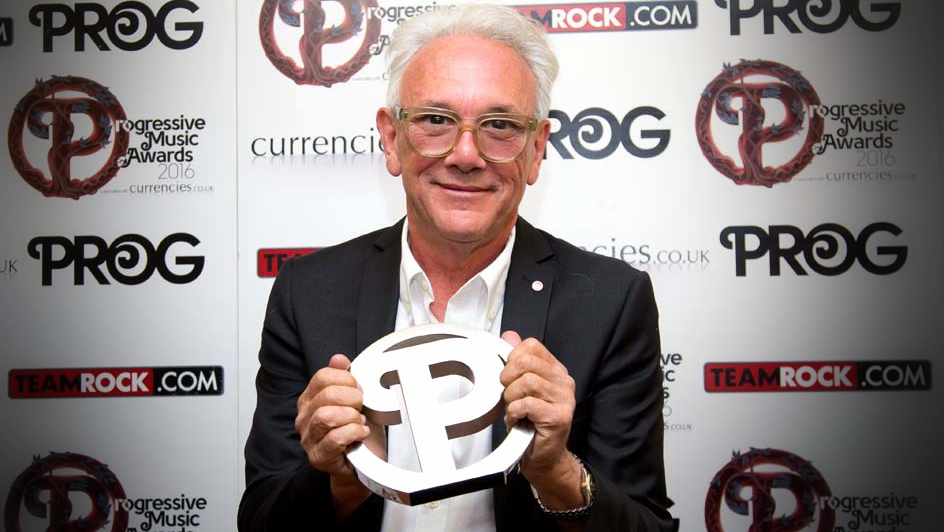Iconic Video Game Soundtracks and Their Impact on Players
Video game soundtracks have become a beloved staple, recognized beyond just gaming communities. From "The Last of Us'" melancholic melodies to the epic orchestral score of "The Legend of Zelda," video game music can transport us into another realm and provoke an array of feelings.
Koji Kondo's iconic video game soundtrack "Super Mario Bros." stands out among others for its simple but catchy melody which has become a part of pop culture. Praised for inspiring joy and happiness among players, this has become the best video game soundtrack ever.
Nobuo Uematsu's soundtrack for Final Fantasy VII stands out as another beloved and iconic video game soundtrack, perfectly capturing its emotional journey and drawing upon various emotions such as sadness, hope and despair to create one of the most beloved and iconic video game scores ever.
Also, we can't ignore the Guns n' Roses video slot game that features five of the most popular songs of the Guns n' Roses band.
Overall, iconic video game soundtracks have had a profound impact on players. They have the power to transport us to another world, evoke a range of emotions, and become a part of pop culture.
The Emotional Impact of Video Game Soundtracks
Music has the power to evoke a wide range of emotions, from joy and happiness to sadness and fear. When it comes to video game soundtracks, emotions are amplified because players are actively engaged in the game's story and world. The emotional impact of video game soundtracks is significant and has been studied by researchers.
Studies have shown that music can have a profound impact on our emotions. For example, listening to sad music can make us feel sad, while listening to happy music can make us feel happy. In video games, the emotional impact of music is heightened because players are actively engaged in the game's story and world. The music becomes a part of the overall experience, and it can add a layer of depth and complexity to the emotions that players feel.
One of the most emotional video game soundtracks is "The Last of Us" by Gustavo Santaolalla. The haunting melodies of the guitar and the sparse, melancholic notes perfectly capture the game's post-apocalyptic world and the emotional journey of the two main characters, Joel and Ellie.
Overall, the emotional impact of video game soundtracks is significant and can greatly enhance the player's experience.
How do Video Game Soundtracks Enhance Gameplay?
Video game soundtracks can enhance gameplay in a variety of ways. They can help players navigate through a game, set the tone and atmosphere, and enhance the emotional impact of a game's story. The way video game soundtracks enhance gameplay is unique to each game and can vary based on the game's genre, setting, and story.
One way that video game soundtracks enhance gameplay is by helping players navigate through the game. For example, in "The Legend of Zelda," the music changes when players enter a dungeon or encounter a boss, indicating that danger is near. This helps players prepare for what's to come and adds to the overall experience.
Another way that video game soundtracks enhance gameplay is by setting the tone and atmosphere of the game. In "Bioshock," the music is a mix of 1950s jazz and orchestral pieces, creating a unique and immersive world that transports players to the underwater city of Rapture. The music enhances the game's atmosphere and adds to the overall experience.
Finally, video game soundtracks can enhance the emotional impact of a game's story. In "Journey," the music is a key element in telling the game's story. The music changes as players progress through the game, reflecting the emotional journey of the main character. The music enhances the game's story and adds to the overall experience.
Overall, video game soundtracks enhance gameplay by creating an immersive and emotionally engaging world.
The Evolution of Video Game Music
Video game music has come a long way since the early days of simple beeps and boops. The evolution of video game music has been driven by advances in technology, changes in gaming culture, and the desire to create more immersive and emotionally engaging games.
In the early days of video games, music was limited by the technology available. The earliest video game soundtracks were simple melodies played on a single channel. However, as technology advanced, video game composers were able to create more complex and immersive soundtracks. The introduction of MIDI technology in the 1980s allowed composers to use a wider range of instruments and create more complex compositions.
As gaming culture changed, so did video game music. In the 1990s, video game soundtracks began to incorporate more popular music genres, such as rock and hip-hop. This reflected gamers' changing tastes and helped create a more diverse and inclusive gaming culture.
Today, video game music has reached new heights of complexity and emotional depth. Composers use live orchestras and advanced digital tools to create soundtracks that rival those found in movies.
Overall, the evolution of video game music has been driven by advances in technology, changes in gaming culture, and the desire to create more immersive and emotionally engaging games.
Conclusion
Video game soundtracks play a crucial role in our emotional connection to games. They have the power to transport us to another world, evoke a range of emotions, and enhance our overall gaming experience. The role of music in video games has evolved from simple beeps and boops to complex compositions that rival those found in movies. The psychology behind video game soundtracks is fascinating and complex, involving the way music is composed, the way it is used in the game, and the way it affects the player. The future of video game soundtracks is bright, with new advances in technology and a growing demand for more immersive and emotionally engaging games. Overall, video game soundtracks are an integral part of the gaming experience, and they will continue to play a crucial role in the future of gaming.









